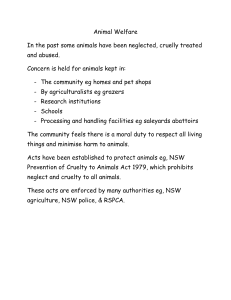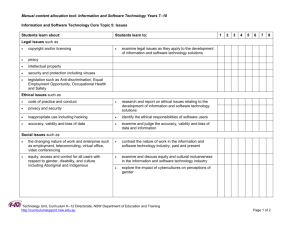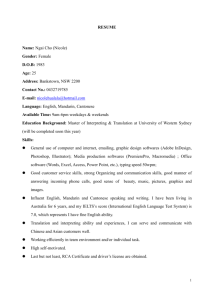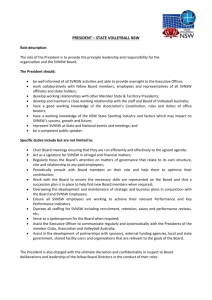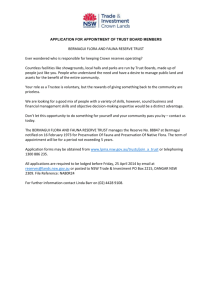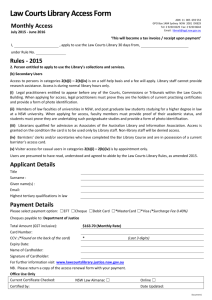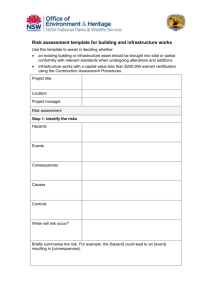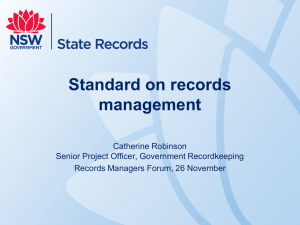TYPES OF COMMUNITIES
advertisement
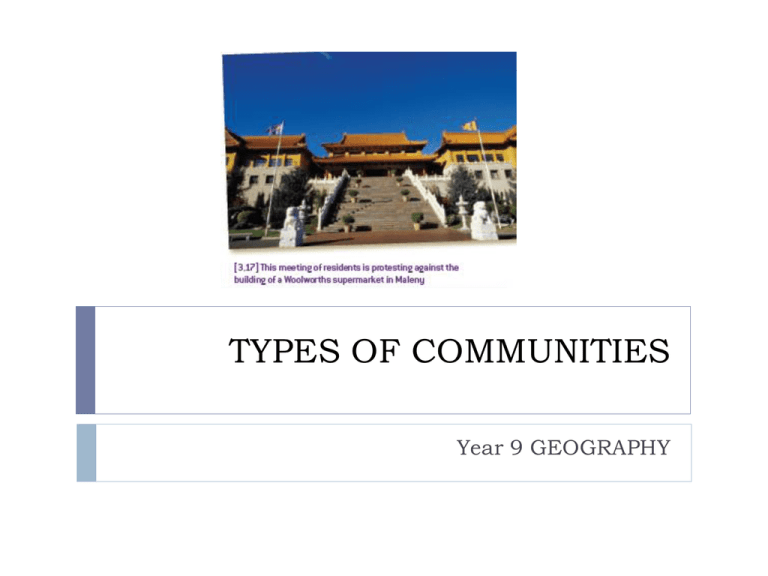
TYPES OF COMMUNITIES Year 9 GEOGRAPHY What is a community? Communities are groups of people who have something in common. The something that is shared may be space or area, culture or religion, goals or values, interests or occupations, under various levels of government or a mixture of several of these. There are two basic types of community-those based on shared space and those based on social organisation. Communities based on shared space Shared space refers to people living in and/or using the same geographical area. Examples of communities based on shared space include: A street, for example the one you live in A park, for example Centennial and Hyde parks in Sydney A school, for example e Fairvale High School A small country town, for example Gulargambone, NSW A local government, for example Sutherland hire A city, for example Tamworth, NSW A state or territory, for example NSW and ACT A country, for example Australia and New Zealand Snapshot- ROXBY DOWNS Located in South Australia 550 km north of Adelaide Built to house the workers of BHP Biliton’s Olympic mine and their families after the discovery of minerals there in 1975. 4000 people live in the town and many work in the copper, silver, gold and uranium mines. Modern, wealthy outback down completely designed for mining purposes, with cultural and sporting facilities including football, bowls, golf, pony and cricket clubs as well as an art gallery and cultural precinct, cinema and leisure centre. Communities based on shared social organisation Shared social organisation refers to the interactions, interests, beliefs, values and ideals of people. Examples include: Sporting clubs, for examples Lidcome Tennis Club Professional groups, for example NSW Teachers Federation Farming groups, for example NSW Farmer Association Political parties, for example Australian Labour Party Religions, for example Islam, Christianity Interests groups, for example hip hop fans Cultural backgrounds, for example Vietnamese and Indigenous Australians Language groups, for example Mandarin and Greek Groups lined by technology, for example chat rooms and internet game players Snapshot-Australian Russian community Australia has a population of over 30 000 Russian speakers. This community has increased over the last 15-20 years since the collapse of the USSR in the early 1990s. In Sydney, migrants from Russia and their families congregate around areas of Strathfield and Lidcombe. Sense of identity A sense of identity makes a region, town or neighbourhood unique and reinforces a feeling of belonging for its people. Factors that contribute to a sense of identity in a community include: Culture Gender Popular culture Rural or urban culture Socio-economic status Ethnicity Heritage Religion Spiritual belief Activities Knowledge 1. Explain what communities are. 2. Describe the two basic types of community. 3. Give two examples of each of the two types of community that you have been part of today? Identify the type of communities they are. Application Prepare a diagram on the factor that contribute to your sense of identity. Teenage Communities - Clueless Teenage Communities-Heathers Teenage Communities- Mean Girls
